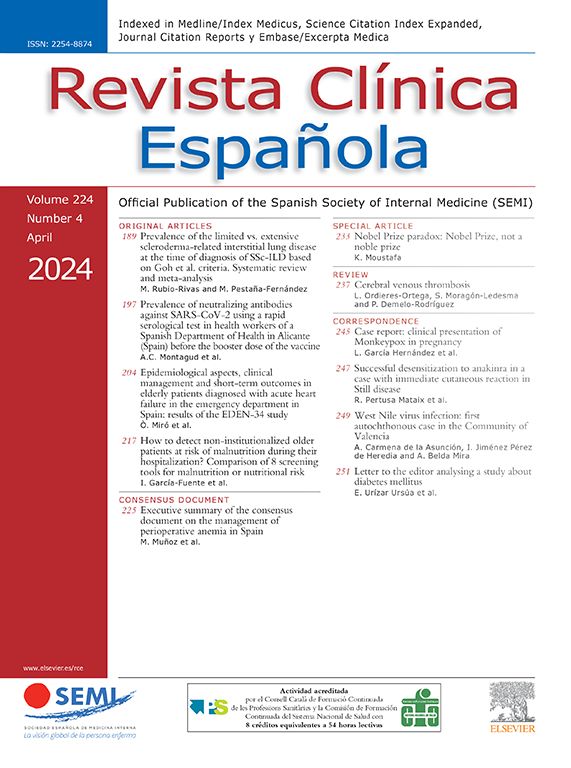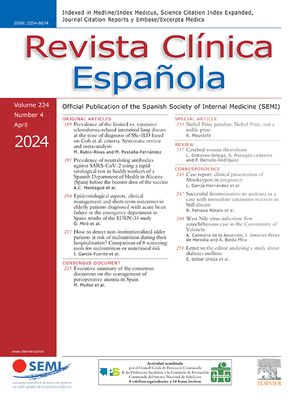En el síndrome de intestino irritable (SII) ha sido observada recientemente una mayor prevalencia de cortocircuito de derecha a izquierda cardíaco por foramen oval permeable (FOP). Paralelamente se han identificado signos de isquemia en la microcirculación cerebral a nivel bulbar y de exceso de actividad simpática en la circulación periférica, relacionables ambos con la alteración en la percepción del dolor y la disfunción autonómica características del SII. Sumando estos hallazgos, puede plantearse una posible contribución etiopatogénica del FOP al desarrollo de SII, basada en que la embolización paradójica característica del FOP podría alterar la microcirculación (cerebral, intestinal, periférica, etc.) que se vería además potenciada por el porcentaje de sangre venosa que elude el filtro pulmonar produciendo una alteración en el metabolismo de la serotonina, las bradiquininas proinflamatorias y la neurotensina, sustancias de probada relación etiopatogénica con el SII.
A higher prevalence of cardiac right-to-left shunt through a patent foramen ovale (PFO) has been recently reported in the irritable bowel syndrome (IBS). At the same time, signs of ischemia in medullary cerebral microcirculation and the presence of excess sympathetic activity in peripheral circulation have been identified, both related with change in pain perception and autonomic dysfunction characteristic of IBS. Considering these findings together, the possible etiopathogenic role of PFO in the development of IBS can be proposed, because the paradoxical embolism characteristic of PFO could damage the cerebral and intestinal microcirculation, and that injury would be also amplified by the percentage of venous blood that shunts the pulmonary filter, producing an alteration in the metabolism of serotonin, pro-inflammatory bradykinins or neurotensin, substances with a proven etiopathogenic relationship with IBS.
Article
Diríjase desde aquí a la web de la >>>FESEMI<<< e inicie sesión mediante el formulario que se encuentra en la barra superior, pulsando sobre el candado.

Una vez autentificado, en la misma web de FESEMI, en el menú superior, elija la opción deseada.

>>>FESEMI<<<






